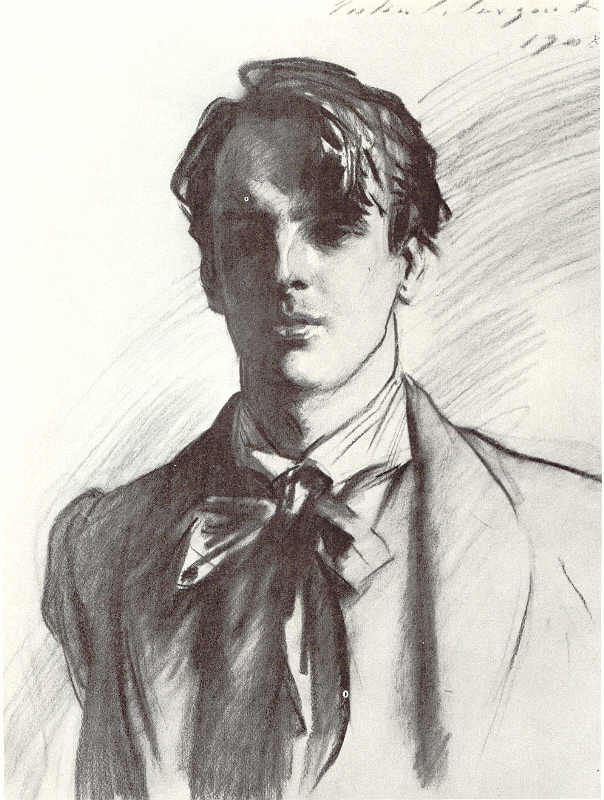A little breaking news… 35 leading universities have launched a new web site, Futurity.org, with a simple goal — educating the public about new scientific breakthroughs. In the old days, universities depended on the traditional press to spread the word about new scientific advances. Now, with journalism in crisis and newspapers folding, the schools can no longer bank on that. And so we get Futurity, which is essentially a nonprofit wire service that will distribute news through major news suppliers on the web (Yahoo News & Google News) and also through social media channels (Twitter, Facebook and MySpace). On the list of participating universities, you will find UC Berkeley, Stanford, Johns Hopkins, Carnegie Mellon, The University of Chicago, Duke, Princeton, Yale and many others. You can get a full list here, and read more about the venture here.
Thanks Denise for the tip on this one. Have something you want to share with your fellow readers? Send your tips to ma**@op*********.com

 A quick note: The Harry Ransom Center, a humanities research library and museum at The University of Texas at Austin, is commemorating the 2009 bicentennial of Edgar Allan Poe, American poet, critic and inventor of the detective story, with the exhibition “From Out That Shadow: The Life and Legacy of Edgar Allan Poe.” To mark the occasion, the Center’s web site has launched
A quick note: The Harry Ransom Center, a humanities research library and museum at The University of Texas at Austin, is commemorating the 2009 bicentennial of Edgar Allan Poe, American poet, critic and inventor of the detective story, with the exhibition “From Out That Shadow: The Life and Legacy of Edgar Allan Poe.” To mark the occasion, the Center’s web site has launched 
